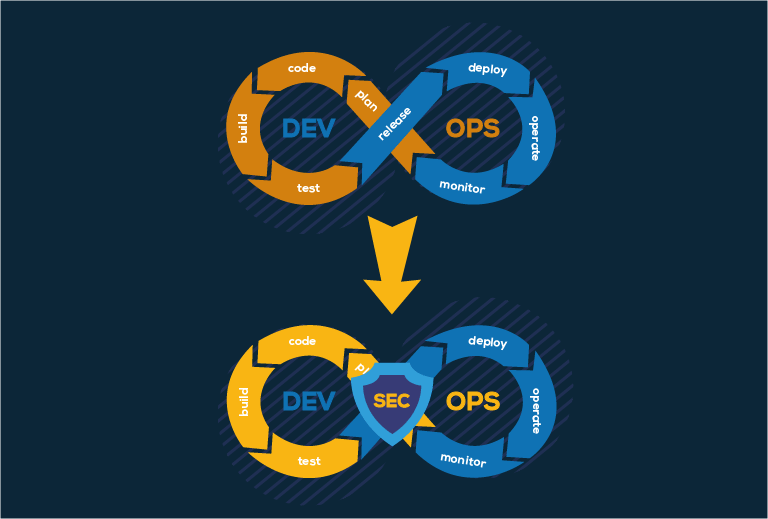Things You Should Never Forget as a DevSecOps
DevSecOps is a mindset that has revolutionized the way software is developed, deployed, and maintained. It is an approach that emphasizes the importance of integrating security practices into every aspect of the development and deployment process. While there are many different things to keep in mind when it comes to DevSecOps, there are a few key principles that should never be forgotten.
Start Security as Early as Possible
One of the most important things to keep in mind when it comes to DevSecOps is that security should be integrated into the development process from the very beginning. This means that security considerations should be taken into account when designing the architecture of the application, selecting development frameworks, and choosing technologies. By starting security as early as possible, it is possible to identify and address potential security issues before they become major problems.
Embrace Automation
Another key principle of DevSecOps is the importance of automation. Automation can help to streamline the development process and ensure that security is integrated into every aspect of the process. Automated testing can help to identify potential vulnerabilities and ensure that they are addressed before the application is deployed. Automated deployment can help to ensure that the application is deployed in a secure and consistent manner.
Adopt a Risk-Based Approach
When it comes to DevSecOps, it is important to adopt a risk-based approach to security. This means that security efforts should be focused on the areas of the application that are most critical and most likely to be targeted by attackers. By focusing on the areas of highest risk, it is possible to ensure that security efforts are targeted where they will have the greatest impact.
Collaborate Across Teams Effectively
DevSecOps requires collaboration across teams. Developers, security professionals, and operations teams must all work together to ensure that security is integrated into every aspect of the development and deployment process. This collaboration is essential to ensure that security issues are identified and addressed in a timely manner.
Continuously Monitor and Improve
DevSecOps is a continuous process, and it is important to continuously monitor and improve security practices. This means that security should be monitored on an ongoing basis to ensure that the application remains secure. In addition, security practices should be reviewed and updated on a regular basis to ensure that they are effective and up to date.
Foster a Culture of Security
Another key principle of DevSecOps is the importance of fostering a culture of security. This means that security should be a priority for everyone involved in the development and deployment process. It is important to educate developers, security professionals, and operations teams about the importance of security and to encourage them to take responsibility for security.
Keep up with the Latest Threats and Trends
Finally, it is important to keep up with the latest threats and trends in security. The threat landscape is constantly evolving, and it is important to stay up to date on the latest threats and vulnerabilities. By keeping up with the latest trends and threats, it is possible to ensure that security efforts are targeted where they will have the greatest impact.
In conclusion, DevSecOps is a mindset that has revolutionized the way software is developed, deployed, and maintained. While there are many different things to keep in mind when it comes to DevSecOps, there are a few key principles that should never be forgotten. By starting security as early as possible, embracing automation, adopting a risk-based approach, collaborating across teams, continuously monitoring and improving security practices, fostering a culture of security, and keeping up with the latest threats and trends, it is possible to ensure that security is integrated into every aspect of the development and deployment process.
Read Also: WILL CLOUD STORAGES RAN OUT?

